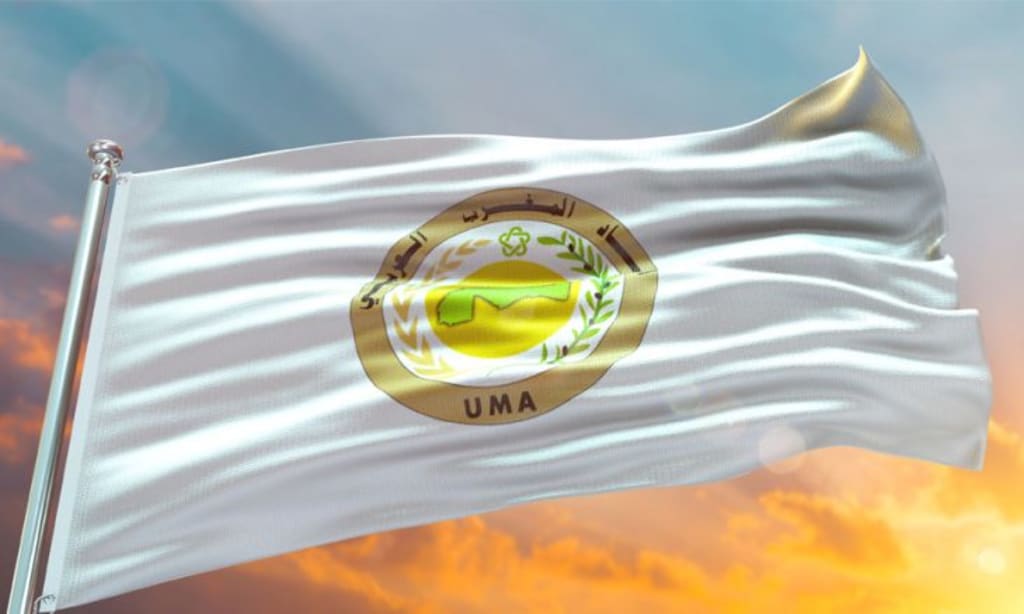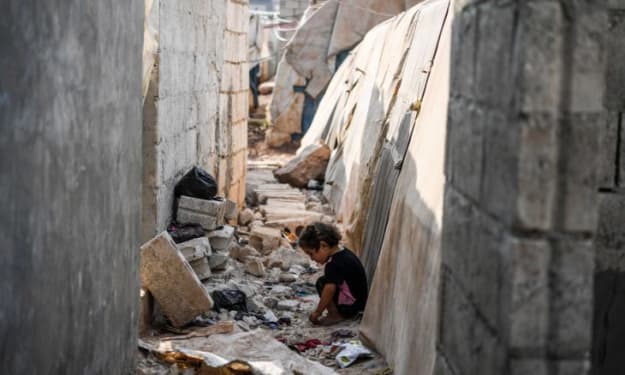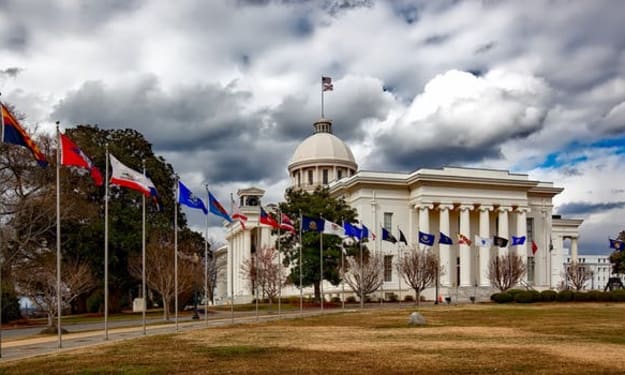
Maghreb leaders are not very enthusiastic about their union. Although each of them has his reasons and motives behind this, they all agree on one thing, which is that they are not ready to slam the door behind them and withdraw from the Arab Maghreb Union. They know very well that they may not gain circumstantially from staying in it, but they see, probably, that what they can lose by getting out of it may not be a small thing. But if that regional structure still exists today, what is the sign that there is, in fact, a well-established and existing entity called the Arab Maghreb Union? Some might say it's the official papers or it's that submerged building in a suburb of Rabat above which a flickering flag of stars with red, white, green and yellow symbolizes the flags of the five North African countries. But the paradoxes are beyond limitation. And the last of them may be the gas pipeline that connects Algeria with Spain and passes through Morocco and has so far retained the name “Maghreb-European Gas Pipeline”, although everyone knows that Algeria had announced at the end of last October that the contract to export its gas to Madrid through it would not be renewed. He ruled out that it views with alarm and dissatisfaction the decision of the Iberian authorities early this month to respond positively to Rabat’s request “to obtain liquefied natural gas from international markets and deliver it to a re-conversion plant on the Spanish peninsula and use the Maghreb gas pipeline to transport it to its territory,” as announced by the Ministry of Foreign Affairs. Spanish Environmental Transformation. Likewise, one of the Maghreb capitals is hardly devoid of a square, square, or street bearing the name or description of the Maghreb, although it seems unlikely that anyone would ask a simple question or inquiry to government officials about what such phrases and descriptions have come to mean for them. What happens is that things are constantly taking on the opposite meaning. Instead of the gas pipeline transiting Morocco being a living and stable embodiment of the values of Maghreb solidarity before the Maghreb-European solidarity, in which there is no place for political fluctuations, it has turned into a tool for reprimand and revenge that one Maghreb country uses against another. Instead of reminding the streets, squares, and squares passing by and passing by, the strength of the bonds that unite the Maghreb, it does not stir anything in them, but rather provokes their disregard, and at best their contempt and anger. Thus, very few will notice today that the Arab Maghreb Union will close tomorrow, Thursday, its thirty-third year. It is not at all surprising that the last thing that may concern Libyans, Tunisians, Algerians, Moroccans and Mauritanians in this circumstance is the survival of that union, which was officially established on the seventeenth of February 1989 in the Moroccan city of Marrakesh, or its absence and disappearance. Many regional and global crises and problems, perhaps even geographically distant, such as the expected war in Ukraine, as well as the internal and local issues that concern each of the five Maghreb countries, have become closer to them than a union that has for years no longer had anything but a fading cartoon presence. But what explains in this case, then, that the Maghreb leaders, despite all their differences and all the contradictions in their policies and even the number of enmities that govern them, have adhered to this structure until now? What is their interest in remaining in the state it is today? They are clearly finding it difficult to shake off what now looms to many as a scarecrow. Each of them is waiting for the other to fire a bullet of mercy at the union and officially announce his withdrawal from it, but in return he does not dare to take that step. This contradiction may be difficult to understand.
The words that the Moroccan monarch said five years ago in his address to African leaders during their summit in Addis Ababa are the strongest official expression so far issued by one of the five leaders of his deep feeling of betrayal and frustration with the performance of that union. Mohammed VI said at that time, with much pain: “It is clear that the flame of the Maghreb Union has been extinguished in the absence of belief in a common destiny. The Maghreb dream, which the pioneer generation struggled for in the fifties of the last century, is being betrayed today, and it is regrettable that the Maghreb Union is today the least integrated region in the African continent, if not in the whole world.” Concluding the long paragraph in which the Maghreb spoke with a strong cry of warning "If we do not act and take lessons from the neighboring African groupings, the Maghreb Union will dissolve due to its chronic inability to respond to the ambitions set out in the Marrakesh Constitutive Treaty." It is truly unfortunate that the tremor caused by that warning quickly weakened in the face of the strength of the unity of rivalries and disputes between member states. It was the logic that moved the remaining four leaders, and in a way, there is no need or need for change, and the best thing is that the status quo remain. The question that some may ask here is what made Morocco, then, not to break up partnership with neighbors that have lost confidence or hope that they still cling to the unity of the Maghreb destiny at a time when he turned his attention to Africa, which the Moroccan monarch described in that speech as his home? There is no doubt that the final disengagement between Morocco and the Maghreb Union is not an easy task. In Tangiers, in the fifties of the last century, the first nucleus of the Maghreb assembly began, and in Marrakesh the charter of the Maghreb Union was drawn up, and its headquarters is located in Rabat. Morocco's ignoring of all that legacy will undoubtedly send a strong signal to those who are now working to perpetuate the policy of axes between Maghreb countries to push it to the limit. But does this mean that Rabat does not yet want to cut the ball rolling with the union? Some recent indications, such as the phone call that took place between the Moroccan Foreign Minister and the Tunisian Foreign Minister, or the meeting of the Moroccan Prime Minister on the sidelines of the French Brest Summit with Najla Boden, may give the impression of this. However, these moves will remain of limited impact unless the Moroccans and Algerians reach an agreement on dialogue among themselves, because in the absence of that, everyone will be assured that the existence of the Maghreb Union for more than thirty-three years was just another manifestation of the absurdity that now controls North Africa.





Comments
There are no comments for this story
Be the first to respond and start the conversation.